India’s edible oil sector is entering a pivotal phase as imports show signs of decline, prompting the Indian Vegetable Oil Producers’ Association (IVPA) to intensify its campaign for domestic self-sufficiency.
At its 48th Annual General Meeting held in New Delhi on September 30, 2025, IVPA leaders emphasized the urgency of reducing reliance on foreign supplies amid global price volatility and shifting trade dynamics.
The association, which represents India’s edible oil refining industry, highlighted that the country’s vegetable oil imports; primarily palm and soybean oils, have stabilized and are beginning to ease.
This trend, coupled with the evolution of free trade agreements and domestic policy recalibrations, presents a strategic opportunity to boost local production and refine supply chains.
Sudhakar Desai, reappointed as IVPA President for the 2025–2026 term, underscored the need for a coordinated national effort.
“With imports stabilizing and showing signs of decline, there is renewed urgency to accelerate the path toward self-sufficiency in edible oils, despite competition from other key crops like pulses, rice, and wheat,” stated Desai.
The IVPA’s renewed push focuses on balancing multiple priorities: ensuring fair minimum support prices (MSP) for farmers, curbing edible oil-driven inflation, and maintaining food price stability.
These goals are especially critical as global markets remain volatile and domestic demand continues to rise.
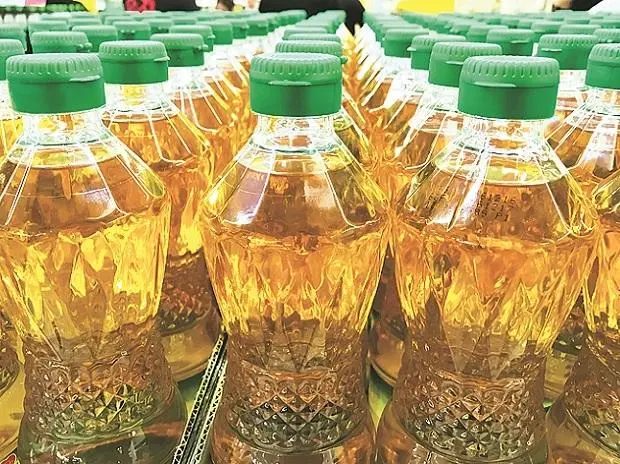
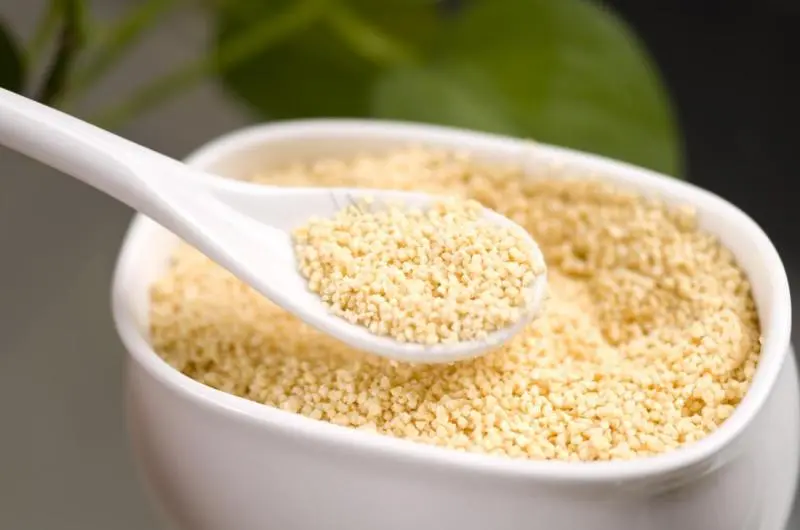
Lecithin is a naturally occurring fatty substance found in soybeans, sunflower seeds, eggs, and other sources, widely used as an emulsifier, stabilizer, and dispersing agent in food, pharmaceuticals, cosmetics, and animal feed. It helps blend immiscible substances like oil and water, improving texture, shelf life, and product consistency. In the health sector, lecithin is valued for its potential benefits in supporting brain function, cholesterol management, and liver health. Its versatile applications across multiple industries make it a highly demanded functional ingredient.
Setting up a lecithin manufacturing plant involves securing raw materials such as soybeans or sunflower seeds, installing processing equipment for oil extraction and lecithin separation, and ensuring efficient filtration, drying, and packaging systems. Key infrastructure includes storage tanks, refining units, quality testing labs, and compliance with food and pharmaceutical safety regulations.
It might surprise you to learn that a country roughly the size of Maryland feeds the world in ways most of us never imagine. Despite its compact size, the Netherlands has become the second-largest agricultural exporter on the planet by value. From sprawling greenhouses to cutting-edge research labs, this small nation has mastered the art of growing massive quantities of food efficiently and sustainably. But today, Dutch farmers face unprecedented challenges—from soaring energy costs to labor shortages and a mounting nitrogen pollution crisis. How this tiny country adapts could reshape global agriculture forever.
High-tech greenhouses and innovative farming
Walk into a Dutch greenhouse, and it’s like stepping into the future of farming. Inside, rows upon rows of tomatoes, peppers and other vegetables bask under custom LED lighting designed to optimize growth. Tiny bees buzz busily, pollinating flowers, while robots tend to watering, harvesting, and monitoring plant health. This high-tech ecosystem isn’t just about efficiency—it’s about maximizing output on limited land.
The backbone of this innovation is Wageningen University, a global agricultural research hub. Scientists and engineers here constantly experiment with new ways to grow food faster, smarter, and more sustainably. Techniques like precision irrigation, vertical farming, and climate-controlled greenhouses have turned the Netherlands into a model that other countries study and attempt to emulate.
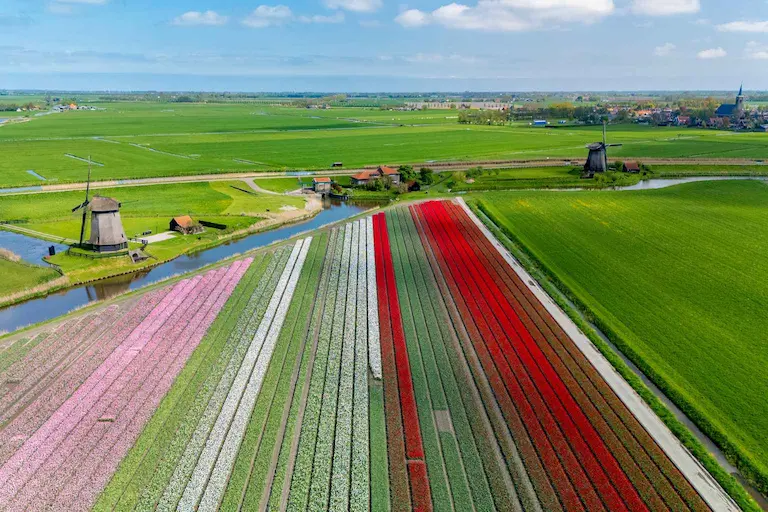

The Dutch holding company, which is engaged in the processing and distribution of agricultural products, wants to acquire the Vinnytsia Oil & Fat Plant. This was reported by the AMCU.
The AMCU is considering the application for permission for Koninklijke Bunge to gain control over Eltorne Limited by acquiring shares of the company, which would ensure more than 50% of votes in the highest governing body.
The Cypriot Eltorne Limited, through LLC "Aktiv-OFP," owns 100% of the shares of PJSC "Vinnytsia OFP."
Vinnytsia OFP processes sunflower, rapeseed, and soybeans, producing unrefined and refined oils, meal, and pellets from sunflower husks.
The enterprise’s capacities, currently owned by Oleksiy Ponomarchuk, allow processing of 1,000–1,840 tons of sunflower per day, 600–1,350 tons of rapeseed, 550–900 tons of soy, and up to 1,000 tons of flax.
Bunge is a key player in Ukraine’s agribusiness and food sector. The company has been present in the country since 2002 and produces the "Oleina" brand.
In Ukraine, Bunge owns an export port terminal and an oil extraction plant in Mykolaiv, an oil extraction plant in Dnipro, and three elevators located across the country.
Innovation in agriculture is falling dangerously behind the demands placed on farmers and agri-food systems, straining future supplies of critical products such as eggs, cotton, and corn- and soy-based biofuels, according to the newly released Global Agricultural Productivity (GAP) Report.
At the heart of the report is total factor productivity (TFP), an efficiency measure that tracks how effectively agricultural inputs such as land, labor, and capital are converted into outputs. TFP growth is widely regarded as a barometer of innovation in agriculture. Yet, global TFP growth has dropped to just 0.76 percent annually during the past decade, barely a third of the 2 percent target needed to sustainably meet demand by mid-century.
Addressing the TFP growth plateau is essential to keeping food and agricultural products available and affordable, ensuring farmers are profitable, and protecting environmental systems. These goals face mounting headwinds as global trade disruptions and declining public research investment slow progress, according to the 2025 GAP Report.
The report, “The TFP Growth Frontier: Plateaus and Progress in Agricultural Productivity Growth,” was released on Oct. 1 by Virginia Tech’s College of Agriculture and Life Sciences at an event at Google’s Fulton Market Chicago office. It features a regional spotlight on the U.S., reporting that the productivity growth of the past decade is falling behind its competitors. Between 2011-20, U.S. agricultural productivity growth actually declined, decreasing an average 0.05 percent annually, while China surged ahead with 1.9 percent annual growth, fueled by double the research and development (R&D) investment of the United States.
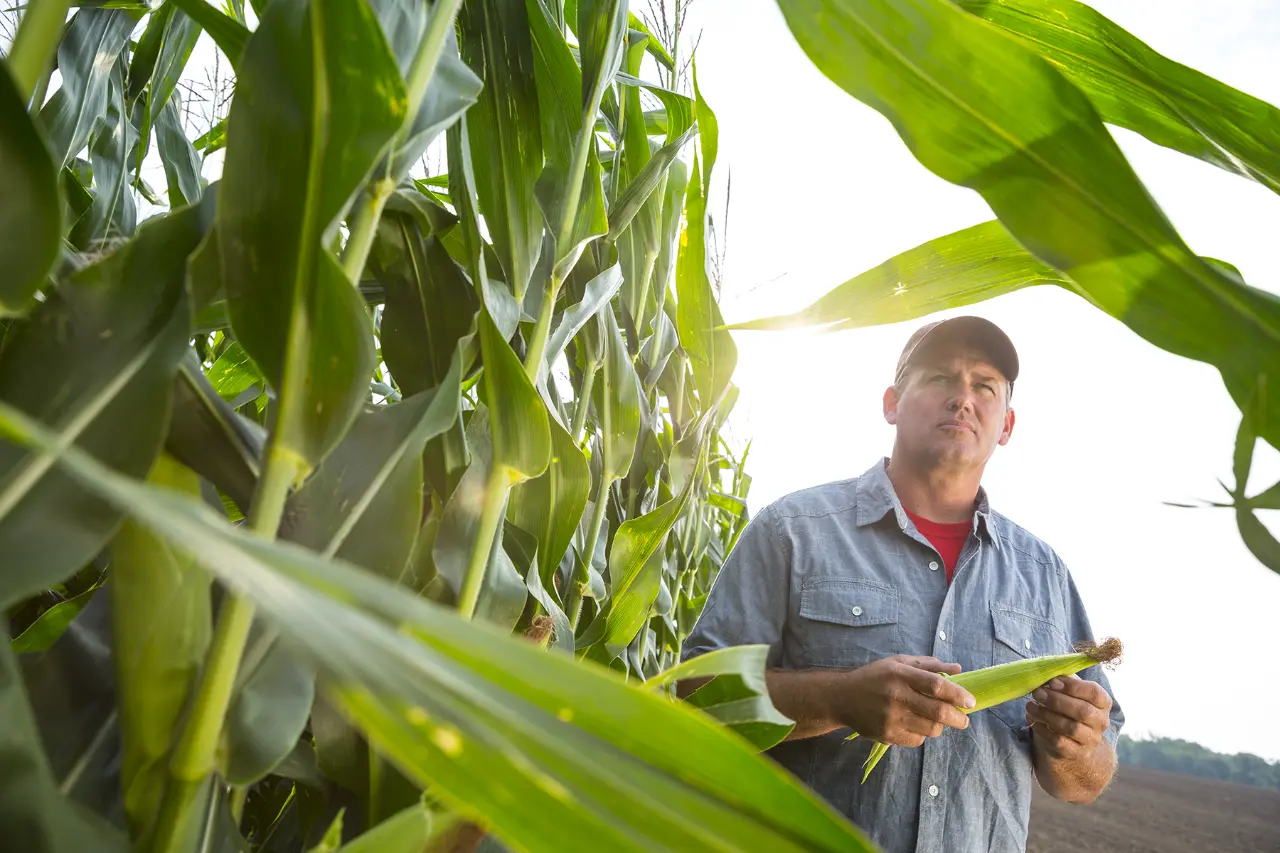
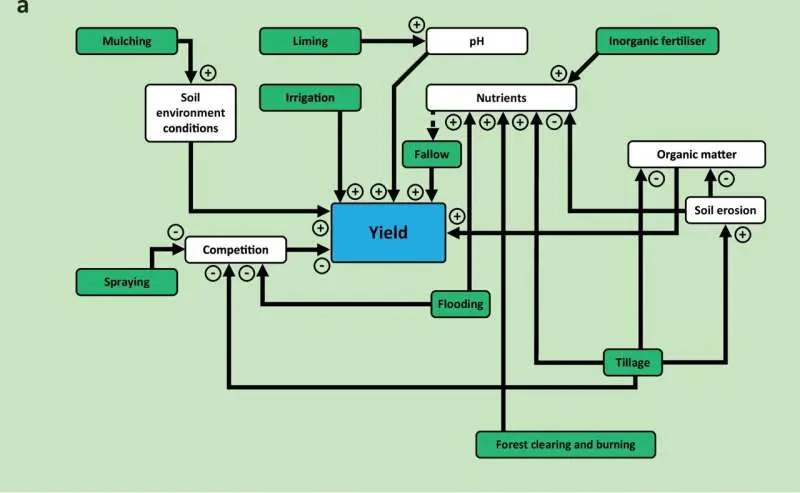
The global food system faces growing risks as modern farming practices undermine the resilience of the world's soils, according to new research.
Soil resilience is the ability of soils to withstand, adapt to, and recover from disturbances, ranging from everyday management practices to more severe shocks such as extreme weather events. A major review of agricultural practices has concluded that while intensive techniques such as plowing, fertilizer use and irrigation boost crop yields in the short term, their regular longer-term use can degrade soils, leaving them less able to withstand shocks such as drought, flooding or geopolitical disruption.
The research is published in the journal npj Sustainable Agriculture.
Soils, which underpin 95% of global food production and hold more carbon than the world's forests, are being steadily weakened by practices that strip away organic matter, compact the ground and disrupt the ecosystems within it. Over time, this reduces their resilience and triggers cycles of elevated erosion, salinization, pest outbreaks and declining yields.
The study ranked the greatest threats to soil resilience. Top of the list is elevated erosion caused by over-plowing, overgrazing and deforestation—a process that can permanently strip away fertile ground that takes centuries to form. Also of concern are the salinization of irrigated farmland, contamination from pesticides and plastic residues, and compaction from intensive livestock farming.
According to USDA data, in the 2024/25 MY, Turkey increased sunflower seed purchases 2.4 times to 800.000 tons, partly due to certain import duty relaxations. This allowed the country to reduce sunflower oil imports overall by 13% to 1.3 million tons.
“Against the backdrop of a reduced domestic sunflower harvest, Turkey was increasing imports of raw materials rather than sunflower oil,” APK-Inform analysts note.
At the end of the 2024/25 MY, Turkey decreased imports of Ukrainian sunflower oil, purchasing 311.000 tons of the product. This is a little more than half of the figure for the 2023/24 MY. Among the main reasons for the drop in Ukrainian oil supplies in this direction, experts mention a sufficient supply of cheaper Russian sunflower oil on the global market.
“In recent seasons, about 90-95% of Turkey’s sunflower oil imports have come from Ukrainian and Russian origin. With more attractive prices in the 2024/25 season, the preference was given to Russian oil,” APK-Inform analysts add.
Problematic issues, prospects, and trends in the oilseed market, as well as the opportunity to establish new business contacts and negotiate favorable cooperation terms directly with Turkish importers and processors, will be discussed at the AgroFood Summit 2025, which will be held in the city of Mersin on November 19-21. The event is supported by the Ministry of Economy, Environment and Agriculture of Ukraine and global leaders in the agricultural sector.

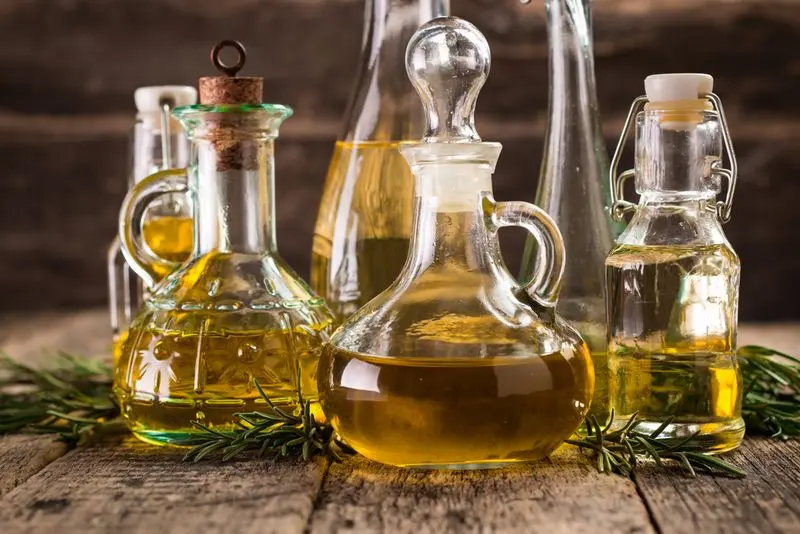
Global prices for palm and soybean oil are expected to increase by USD 100–150 per ton at the start of 2026 due to reduced supplies, said Thomas Milke, leading industry analyst and editor-in-chief of the consulting portal OilWorld (Germany), on Friday. At the same time, the premium on sunflower oil is expected to disappear.
Speaking at the Globoil India conference, Milke noted that demand for palm and soybean oils will be supported by likely growth in biodiesel consumption in the U.S., Brazil, and Indonesia, while production growth remains limited. He estimates that growth in global palm oil production—the most widely consumed oil—will slow, with only an additional 1.14 mln tons expected in 2026 compared to the current year.
Milke added that prices for Malaysian RBD palm olein, currently around USD 1080/ton FOB, “could rise by more than USD 150/ton if Indonesian government measures affecting palm plantations have a negative impact.” Indonesia recently transferred 1.5 mln ha of palm oil plantations to the state-owned company Agrinas Palma Nusantara, making it the world’s largest by area, capable of producing 5.7 mln tons of crude palm oil annually and influencing the market.
He also noted that Argentine soybean oil, currently trading around USD 1050/ton FOB, is undervalued and may increase in price, mainly due to rising biodiesel demand. Meanwhile, sunflower oil—which currently trades at a significant premium over competing soybean oil—is expected to become cheaper. Milke predicts that improved supplies from the Black Sea region and Argentina by March will reduce prices. Currently, sunflower oil commands a USD 140/ton premium over soybean oil in India, the world’s largest vegetable oil importer.
According to Milke, imports of sunflower oil into India, China, and other key markets are decreasing, but this trend is expected to reverse once the premium disappears. Sunflower oil imports into India in the 2025/26 marketing year, starting November 1, are projected to rise by 1.5 mln tons compared to last year, reaching a record 18 mln tons.